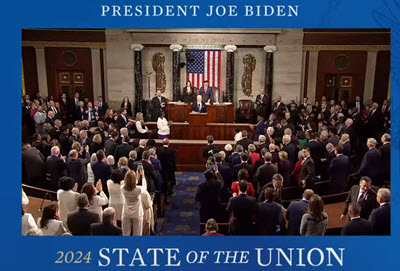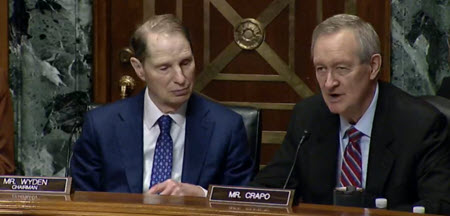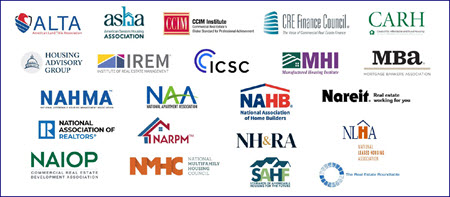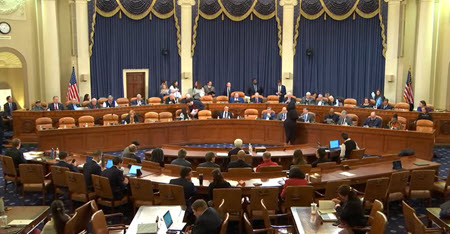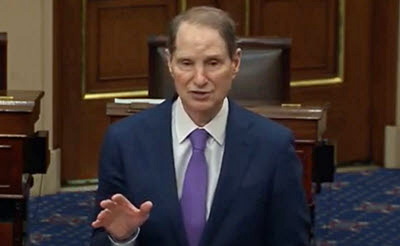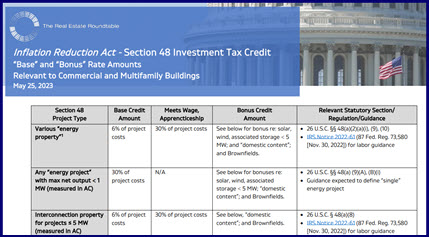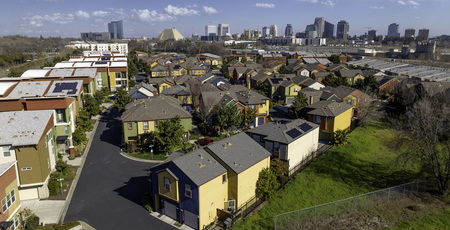
This week President Biden and his top economic advisor previewed a new Housing Innovation Fund and forthcoming proposals to encourage additional housing development. The White House’s focus on affordable housing confirmed it will be a top administration priority as the presidential election season picks up momentum. (Politico, March 14)
Administration’s Housing Remarks
- Following his March 6 State of the Union address, which addressed new tax incentives for homebuyers and an expansion of the Low-Income Housing Tax Credit (LIHTC), President Biden spoke this week about other aspects of his housing plan. (Roundtable Weekly, March 8 | White House Fact Sheets: Budget, March 11 and Housing, March 7)
- Biden stated during comments at the National League of Cities, “The federal budget that I’m releasing today has a plan for 2 million more affordable homes, including housing — a housing innovation fund to help communities like yours build housing, renovate housing, and convert empty office space and hotels into housing. The bottom line is we have to build, build, build. That’s how we bring housing costs down for good.” (White House transcript and C-Span video, March 11)
New Initiatives

- White House National Economic Advisor Lael Brainard, above, also addressed the president’s housing proposals this week. “While tax credits are a proven way to boost supply, it is also vital to support the efforts of governors, county executives, and mayors who are pioneering new approaches that can be scaled. That’s why the president is proposing a new $20 billion Innovation Fund for Housing Expansion to help communities expand their housing supply,” Brainard remarked. (White House transcript, March 12)
- Brainard also previewed forthcoming administration housing policies. “In the months ahead, we will take further action– from supporting communities in identifying and removing barriers to housing production to promoting the use of federal resources for conversions from office to residential,” Brainard said. (Urban Institute video of speech and interview, March 12)
- She confirmed that “the centerpiece of the president’s Plan is an expansion of the Low Income Housing Tax Credit (LIHTC) that would produce or preserve 1.2 million affordable units over the next decade.” (HousingWire, March 12)
During a Senate Banking hearing on March 12 on Housing Affordability, Availability, and Other Community Needs, bipartisan support was also expressed for expanding the LIHTC—a policy strongly supported by The Roundtable. (Roundtable Weekly, March 1 and Feb. 16)
# # #
